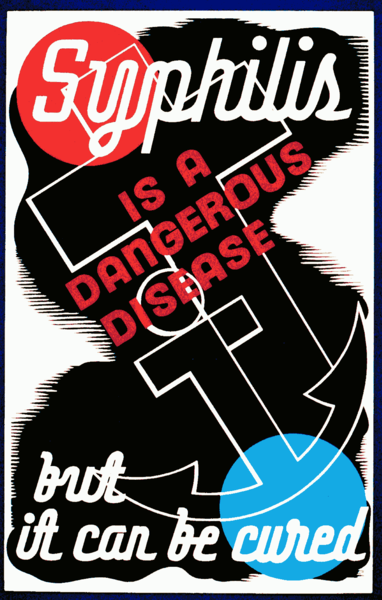 Commentary by Cara Litvin MD, Executive Editor, Clinical Correlations
Commentary by Cara Litvin MD, Executive Editor, Clinical Correlations
I frowned as my patient handed over some papers to me at a regularly scheduled follow-up clinic visit. For the second time in a row, he …

 Commentary by Cara Litvin MD, Executive Editor, Clinical Correlations
Commentary by Cara Litvin MD, Executive Editor, Clinical Correlations
I frowned as my patient handed over some papers to me at a regularly scheduled follow-up clinic visit. For the second time in a row, he …
A 46 year old male with a past medical history of hypertension presents to the emergency room complaining of constant throbbing epigastric pain for one day. He rates the pain as 7/10, with some radiation to his chest. He reports some mild nausea, but denies diarrhea or constipation. He does endorse a bloated sensation for the …
 Commentary by Jacqueline Friedman, MD, Clinical Associate Professor of Neurology, Director, New York Region Veterans Administration Multiple Sclerosis Center of Excellence
Commentary by Jacqueline Friedman, MD, Clinical Associate Professor of Neurology, Director, New York Region Veterans Administration Multiple Sclerosis Center of Excellence
Multiple sclerosis (MS), a chronic disease of the central nervous system, …
 Commentary By: Neil Shapiro, M.D. Editor-in-Chief Clinical Correlations
Commentary By: Neil Shapiro, M.D. Editor-in-Chief Clinical Correlations
As summer winds down and the weather prematurely cools off, this weeks shortcuts finds us focusing on the genetics of coumadin treatment, the very …
 Commentary by Rosemary Adamson, PGY2, Deena Altman PGY-1 and Harold Horowitz, Professor of Medicine, Section of Infectious Diseases
Commentary by Rosemary Adamson, PGY2, Deena Altman PGY-1 and Harold Horowitz, Professor of Medicine, Section of Infectious Diseases
Syphilis is back! You know the drill: an 80-something year old man presents with …
 Case Presentation By: Marshall Fordyce, Senior Chief Resident
Case Presentation By: Marshall Fordyce, Senior Chief Resident
Welcome to the monthly posting of our NYU Department of Medicine’s Clinical Pathology Conference. Use the links below to review the case and …
 Commentary by Helen Kourlas, PharmD
Commentary by Helen Kourlas, PharmD
Beta-adrenergic receptor antagonists, commonly known as beta-blockers (B-blockers) have been used for decades to treat hypertension, ischemic heart disease and some arrhythmias – and more recently to …
 Commentary By Sean Cavanaugh, M.D. Associate Editor, Clinical Correlations
Commentary By Sean Cavanaugh, M.D. Associate Editor, Clinical Correlations
With the ever-increasing public concern about drug safety, and the profusion of wave-making research into clinical endpoints, occasional very public collisions are inevitable. And so opens this week’s Shortcuts…
Two …